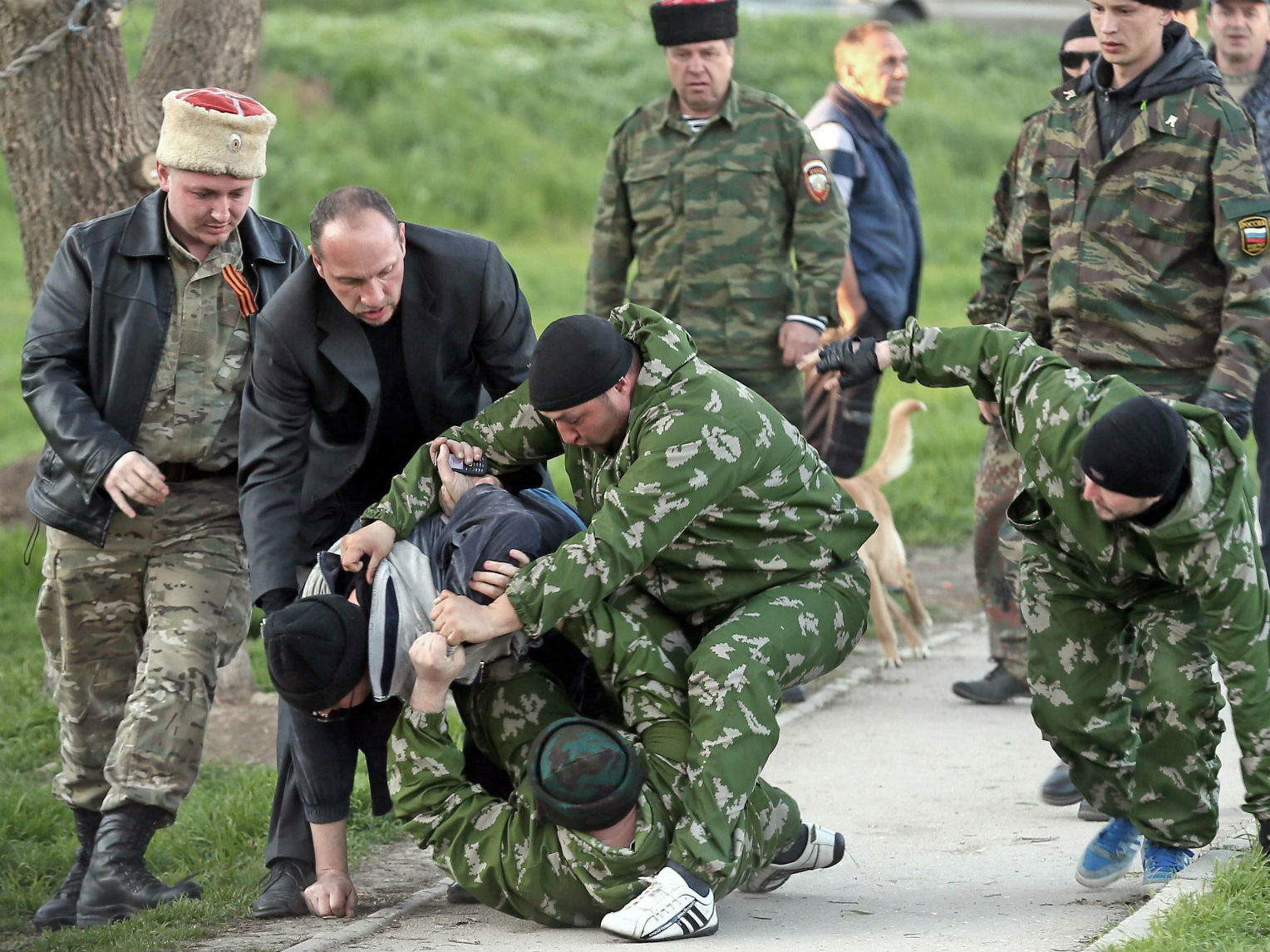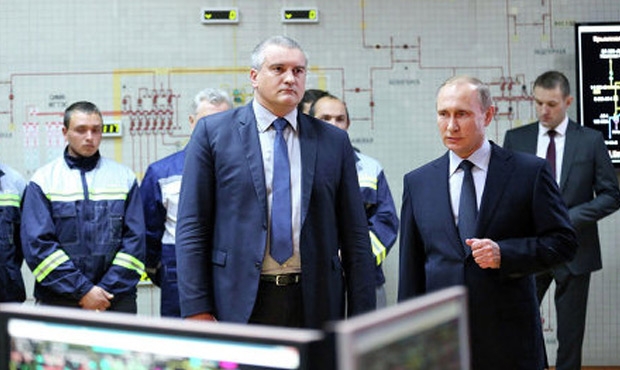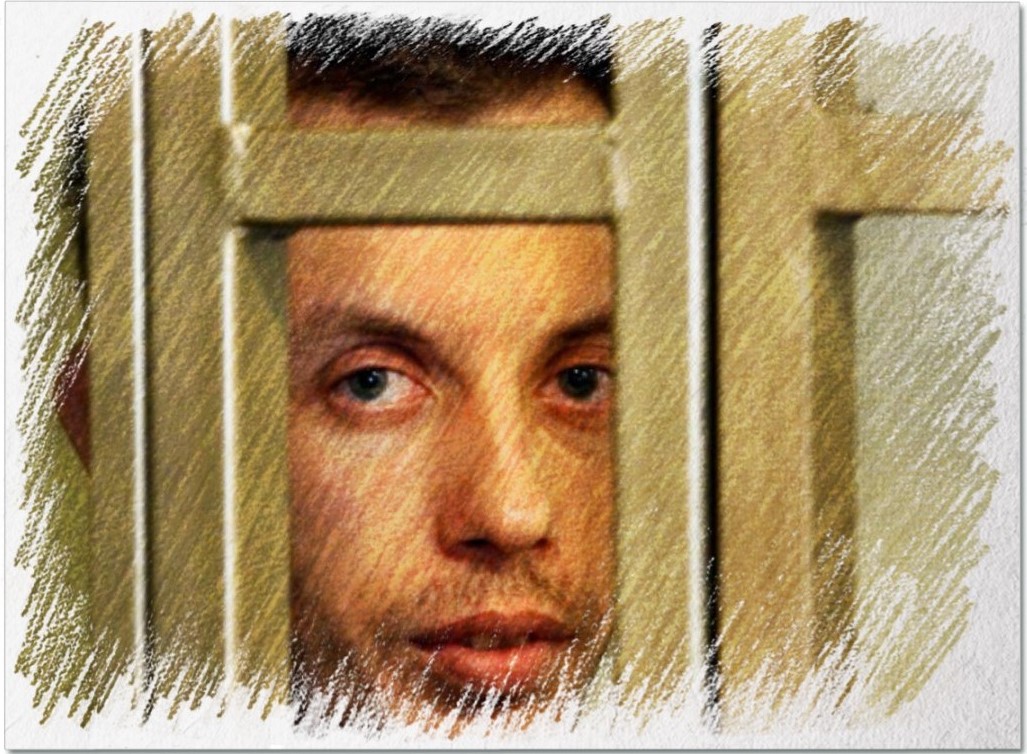The decision by the Ukrainian Parliament to recognize the deportation of Crimean Tatars in 1944 as genocide is not simply another "historical" ruling.
It is a decision for the future, designed to "dot the i's and cross the t's" in the verdict on one of the most heinous crimes of the Communist ideology of the Soviet Union -- the ideology of unabashed chauvinism.
I have always wondered how a country that prided itself on its internationalism and its "class-based" approach to people could have exiled citizens purely on an ethnic basis. No longer as kulaks or "bourgeois," or because they had property, or had been born into an "alien class," but simply because of their ethnicity. How could an entire population be accused of collaborating with Nazism, especially in a country where the Russian Liberation Army of General Vlasov had been numerically larger than the indigenous people of Crimea or the Caucasus? And how could Soviet society fail to notice that the ideology of the Russian "Black Hundreds" (ultranationalist movement in Russia in the early 20th century -- Ed.) had been substituted for the ideology of "proletarian internationalism." Perhaps this substitution had always been expected?
After all, the tradition of the Russian Black Hundreds, this hatred and contempt for the foreigner has a much longer history than Communism. The genocide of the Crimean Tatar people became, in fact, the continuation of the policy of state ethnocide, the destruction of the indigenous people of Crimea, replacing them with colonists. This policy began immediately after the barbaric occupation of the peninsula by the armies of the Russian empress Catherine II, the educated adventuress also "celebrated" for liquidating the Zaporizhzhian Sich (semi-autonomous Ukrainian Cossack state in the 15th-18th centuries -- Ed.), and it has been continued by all her successors. Stalin accomplished what Russian tsars could only dream of.
Chauvinism survived Communism and today it has become the official ideology of Putin's Russia. This is why the main consequence of the new occupation of Crimea by Putin's forces, this uneducated adventurer also "celebrated" for invading mainland Ukraine, was the renewed ethnocide of the Crimean Tatars. Ethnocide, genocide, ethnocide -- this has been Russia's entire history for the past several centuries. And the resolution by the Ukrainian Parliament is both a diagnosis and a recognition of the need to fight this daily sadistic victimization of people and nations.





